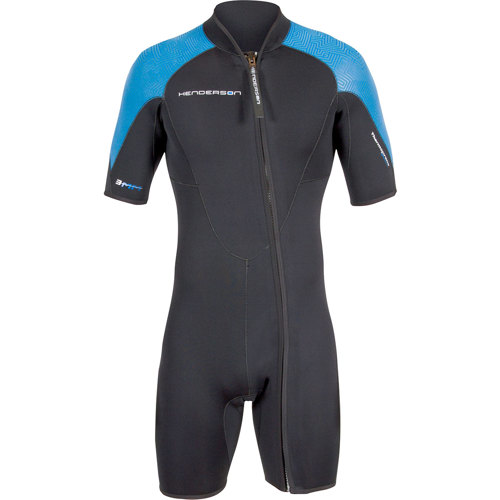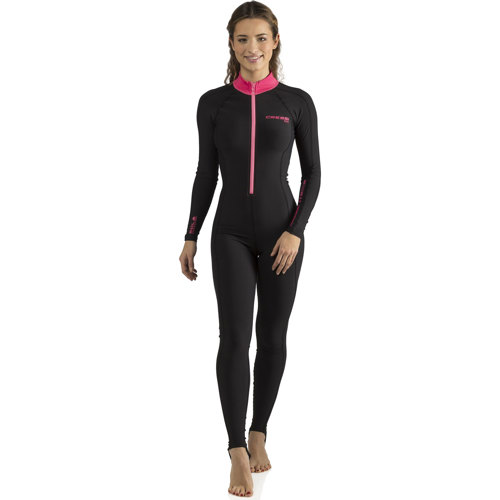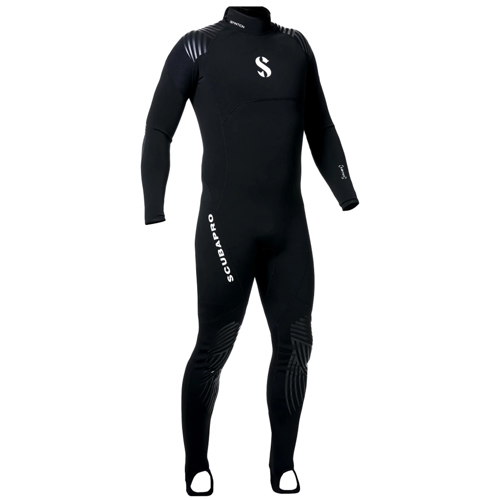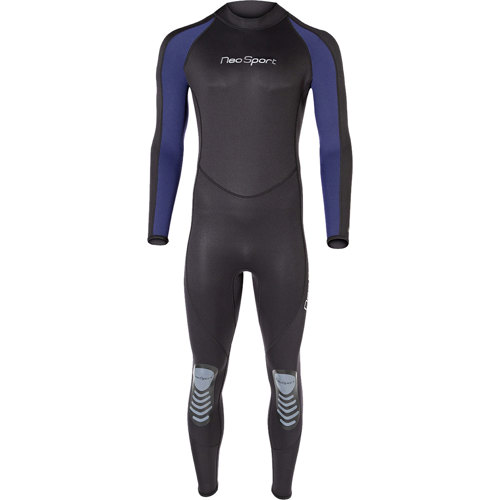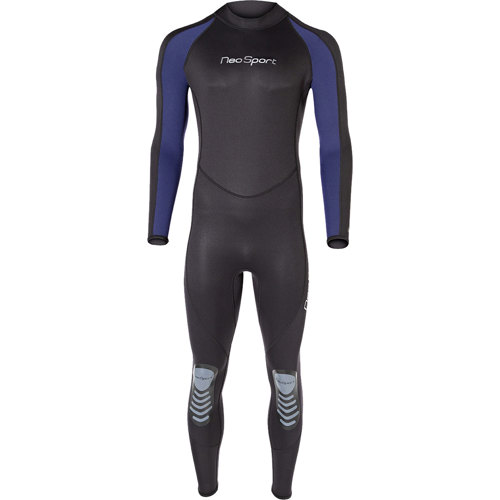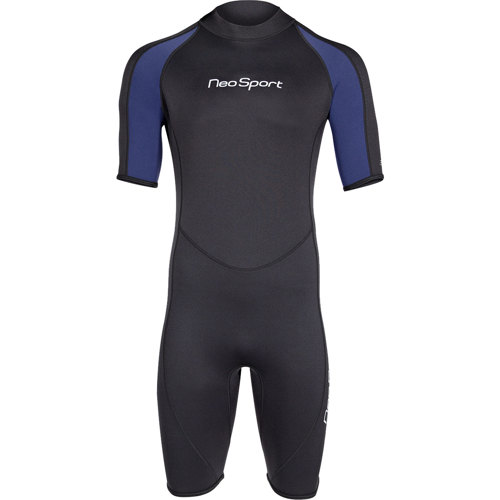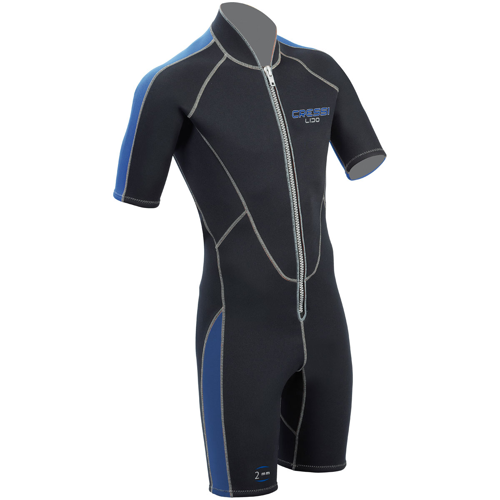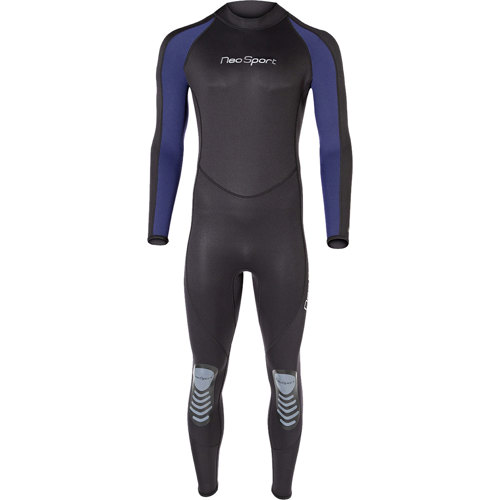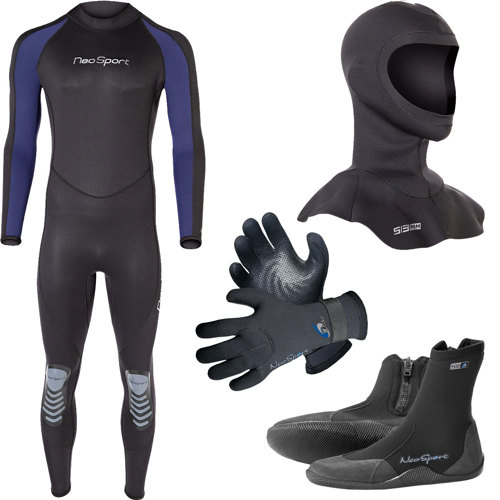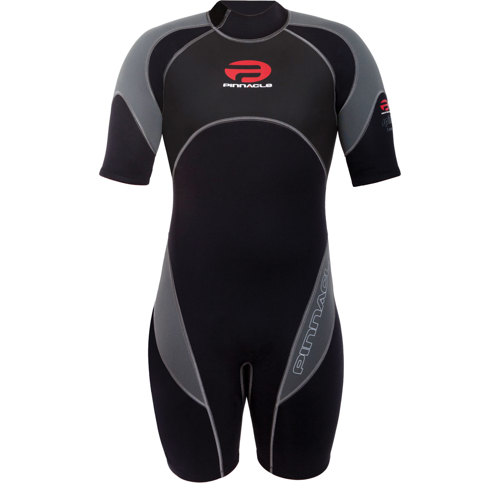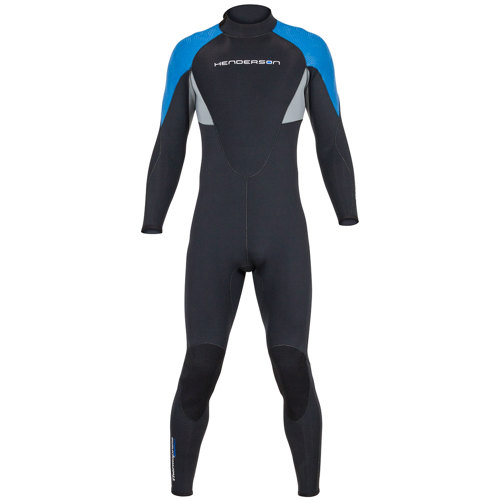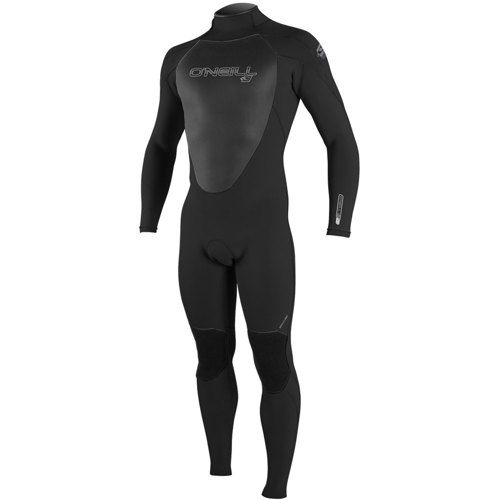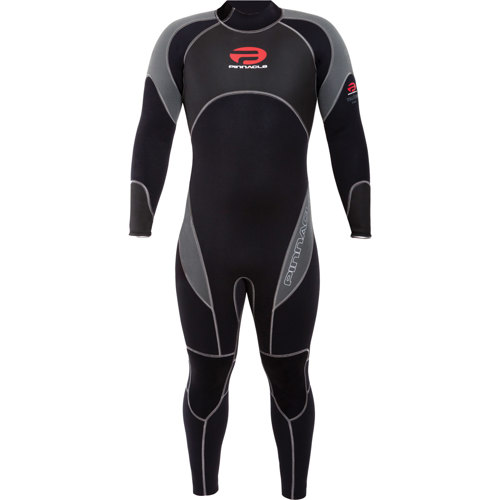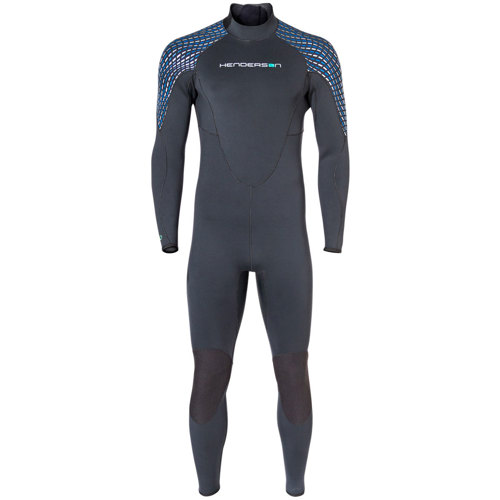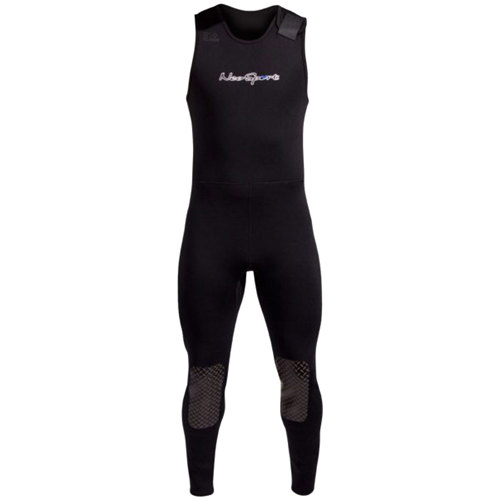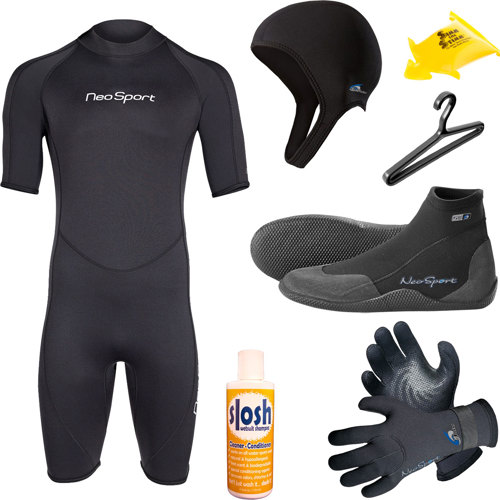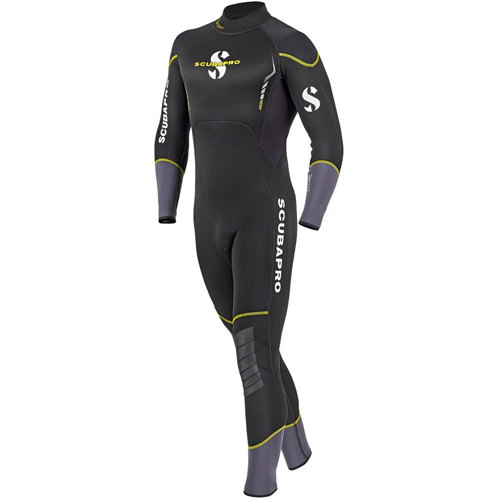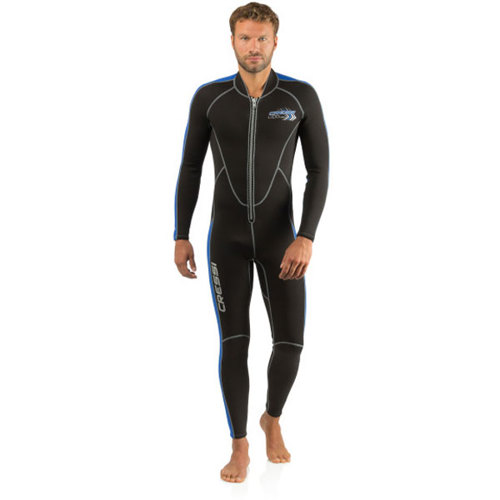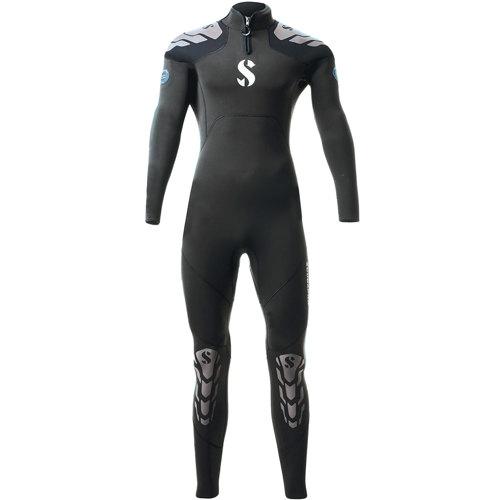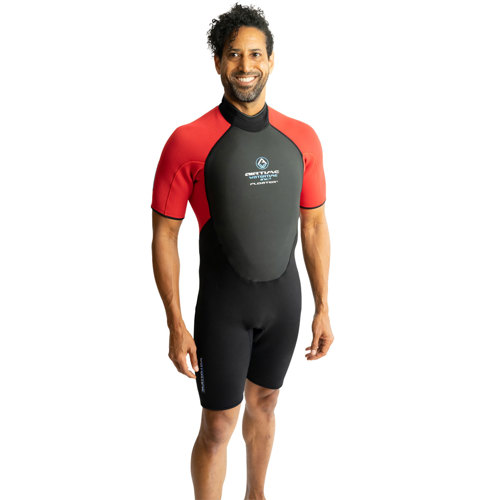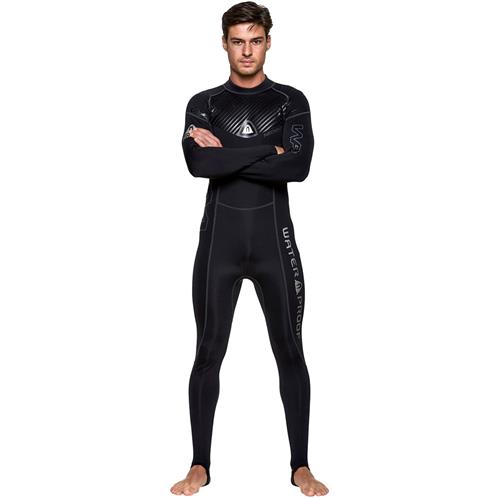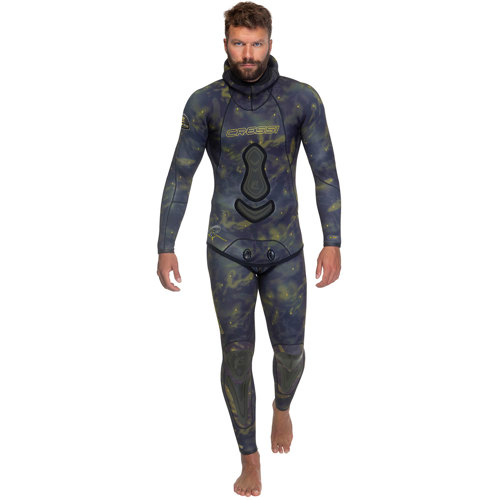Adult lightweight wetsuits are an essential piece of gear for anyone who enjoys time in the water during the warmer months or in tropical destinations. These suits, often crafted from neoprene in thicknesses like 1 mm or 2 mm, are designed to provide just the right balance of comfort, flexibility, and light insulation without the bulk of traditional cold-water wetsuits. Whether you’re planning a December getaway to sun-drenched beaches or gearing up for a winter swim in a heated pool, a lightweight wetsuit can make all the difference. For many divers, snorkelers, surfers, and open-water swimmers, choosing the right wetsuit is about more than just warmth—it’s about freedom of movement and protection. The thinner construction of a 1mm wetsuit allows you to glide through the water with ease, making it the ideal choice for those who prioritize agility and minimal restriction. Lightweight wetsuits also serve as a protective barrier against sunburn, stings, and abrasions from coral or rocky shorelines, offering peace of mind for both seasoned watermen and those just starting out.
Selecting the right wetsuit depends on several factors, including water temperature, intended activity, and personal comfort. For water temperatures above 65°F (18°C), a 1mm wetsuit or a 3/2mm fullsuit provides enough insulation to keep you comfortable during extended sessions, whether you’re snorkeling among vibrant reefs, paddleboarding along the coast, or enjoying early-morning surf. Many men look specifically for options labeled “1mm wetsuit mens” or “wet suit men” to ensure the best fit and performance, but the considerations remain similar across all adult styles: look for flatlock seams for flexibility, a snug but not restrictive fit, and easy-entry designs for quick changes on the go. Shorty suits with short sleeves and legs are popular for maximum mobility in warm water, while fullsuits offer a bit more coverage and protection for longer dives or swims. If you’re searching for “wet suits for sale near me,” be sure to try on a few different styles and thicknesses to find the one that feels like a second skin—secure, yet comfortable enough to wear for hours. Lightweight wetsuits also make thoughtful gifts for active friends and family members who love the water, especially as the holiday season inspires dreams of tropical escapes and new adventures.
Beyond the practical benefits, wearing a lightweight wetsuit can transform your experience in the water. Imagine slipping into a 1mm wetsuit before an early morning dive, feeling the gentle embrace of neoprene as you wade into crystal-clear shallows. The suit keeps the chill at bay as you explore, but never feels bulky or restrictive; you’re free to stretch, kick, and glide as you please. For surfers, the flexibility of a thin wetsuit means paddling out to catch another set is effortless, even as the sun climbs higher and the water warms. For swimmers and snorkelers, the added buoyancy and protection from jellyfish or rough sand can turn an ordinary outing into a comfortable, carefree adventure. If you’re considering adding a lightweight wetsuit to your gear closet, or looking for the perfect present for a water-loving friend, take a look at our curated selection of
Light Wetsuits for more inspiration and options tailored to every activity and preference. With the right lightweight wetsuit, you’re ready to make the most of every dip, dive, and session, no matter where your aquatic adventures take you.

